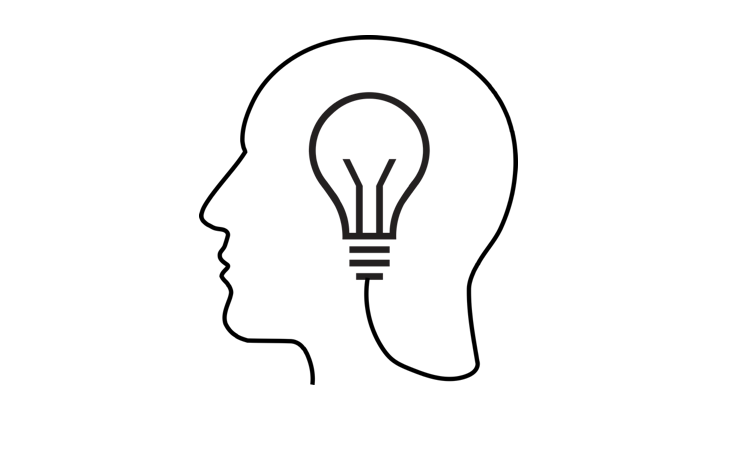"Ask the Coach" is the column in which Wolfgang Unsöld answers your questions. The book of the same name is available right here on Amazon.
Question: Hello, I have a question regarding your recommendation for carbohydrate intake. She recommends not eating carbs in the morning as they affect serotonin levels and make you sleepy. I've done some research now and correct myself if I misunderstood something. Serotonin is made in the brain by tryptophan. Tryptophan is an essential amino acid. Accordingly, this occurs primarily in protein-rich foods. Why should I cut down on carbs when protein-rich foods have a lot more tryptophan than carb-rich foods? 100g of whole rye bread has 60mg of tryptophan, while 100g of salmon has 260mg. Thank you in advance for your reply. Dennis R
WU: Yes, it is correct that tryptophan is the raw material for serotonin. Other raw materials for serotonin include magnesium and vitamin B6. I have already briefly discussed the topic of serotonin here. In principle, tryptophan is rarely an amino acid deficient in a protein-rich diet, since it is an amino acid that is generally found in abundance in protein. On the other hand, the amount of tryptophan in the blood plays a smaller role in the production of serotonin in the brain. The filling level of a car's tank has hardly any effect on the performance of the engine. But primarily the amount of fuel in the engine.
The way carbs have an effect on brain serotonin levels is not by making tryptophan available, but by affecting amino acid transport to the brain. Carbohydrate consumption increases blood sugar levels. When blood sugar levels are high, tryptophan can be absorbed from the blood into the brain because blood sugar levels affect amino acid transport (1,2). This means that increased carbohydrate intake increases tryptophan and serotonin in the brain. However, increased protein intake does not increase tryptophan and serotonin in the brain (3). One of the reasons I prefer a high-protein, high-fat, low-carb breakfast. More about that here Eat animal for breakfast .
Also to be considered in the context of the neurotransmitter serotonin is that approx. 95% of serotonin is produced and used in the intestinal tract and only approx. 1% in the brain (4). However, only the serotonin in the brain has the systemic effect on the central nervous system. In the intestine, it takes on other tasks such as primarily peristalsis, the movement of the intestine and intestinal contents.
In summary, I recommend a low-carb breakfast to increase mental and physical performance in the morning. From a neurochemical point of view, the consumption of carbohydrates and the resulting increase in serotonin levels and the associated drop in alertness and alertness are not recommended. However, like everything in physiology, the effect of carbohydrate consumption on serotonin moves on a continuum. So I always adapt the individual carbohydrate consumption to the individual carbohydrate requirement, which is determined by the YPSI skinfold measurement . To optimally increase the neurochemical performance of an individual.
Good luck with optimizing carbohydrate consumption to optimize serotonin levels!
Credentials: 1. https://www.researchgate.net/profile/Richard_Hawkins/publication/7405702_Structure_of_the_Blood-Brain_Barrier_and_Its_Role_in_the_Transport_of_Amino_Acids/links/55a540f708aef604aa042f77/Structure-of-the-Blood-Brain-Barrier-and-Its-Role-in-the-Role- of-Amino-Acids.pdf 2. https://www.ncbi.nlm.nih.gov/pubmed/13261 3. https://www.ncbi.nlm.nih.gov/pubmed/5077329 4..https://www.ncbi.nlm.nih.gov/pmc/articles/PMC2908021/Image: Visual brain power.

